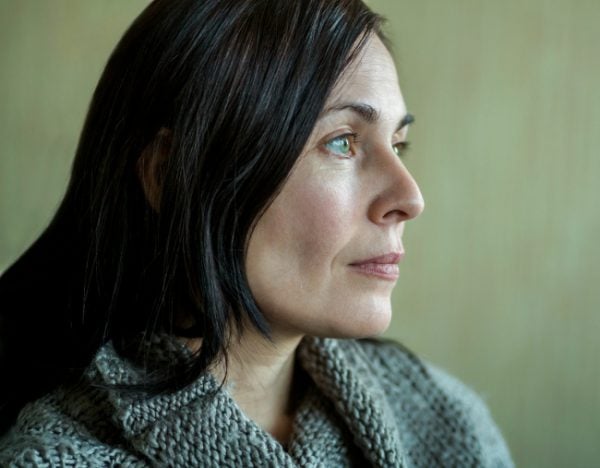Content note: This post details the loss of a child and may be confronting for some readers.
It was 2016, and I was four months pregnant with my son, talking to my mum on the phone about articles I’d been reading on parents aborting foetuses with potential Down’s syndrome.
“I could never do that,” I said. “Not for Down’s syndrome. It’s the least of my worries should my child be disabled.”
For some unknown reason it has always entered my head there was a possibility I would have a disabled child, not because of genetics, but because it’s not entirely impossible for anyone: I would mentally prepare myself should it ever occur, I thought.
But I wasn’t prepared.
In 2012 I lost twins in a drawn-out miscarriage at 10 weeks. It meant that for my next pregnancy, two years later, I spent the first five months intensely frightened of seeing a dead baby on the ultrasound screen. Not until I felt my daughter kick did I dare go and see if she was indeed alive and growing.
After my second daughter I felt stronger in the knowledge I could carry a child to term more than once. I’d had two C-sections: one overseas and one in Darwin.
I knew now that no one in The Territory would allow me to give birth naturally: a bicornuate uterus, two breech babies and no spontaneous labour (I was always being cut at 38 weeks) meant I had no chance to sway them.
So I travelled 3000 kilometres to Adelaide, South Australia, to see an obstetrician who was willing to give me a chance. I travelled with years of reading scientific papers, books and articles on VBAC’s and breech birthing, as well as many conversations with women and a great deal of self-confidence in my natural abilities under my belt.


Top Comments
This is so sad. I really feel for you.
Oh Anonymous, what a devastatingly tragic story. I'm am sure your beautiful boy is looking over you and his dad and sisters, lovingly as a guardian angel. Thank you for sharing your story x